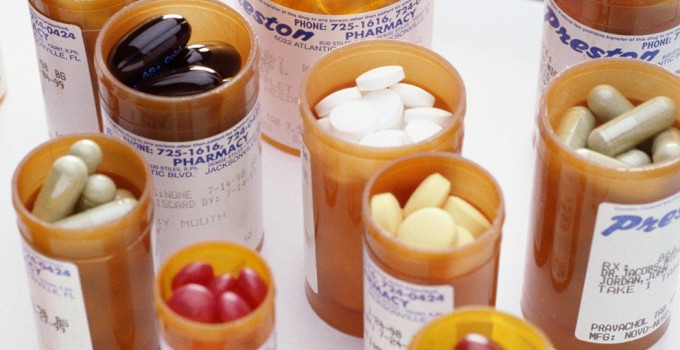Diabetes and Compounding: A Comprehensive Solution

Diabetes, also known as diabetes mellitus, affects millions of adults worldwide. The condition means your body no longer produces, or uses, insulin. This is problematic because insulin is required to turn sugar into a form of energy your body can use. If you stop producing insulin, sugar will build up in your bloodstream. This leads to severe health consequences and make diabetic wound care problematic.
Symptoms of Diabetes
Here is a sobering thought. Approximately 1/3 of the people who have diabetes are unaware. This is because the disease can often present without any outward symptoms. Therefore, it’s crucial to have regular check ups with your physician so you can be screened for diabetes.
In addition, there are common symptoms associated with diabetes. Look at the following list. If you experience any of these consistently, consult your doctor as soon as possible.
- -Increased appetite
- -Thirst increase
- -Frequent urination
- -Dry mouth frequent urinary tract infections blurry vision
- -Frequent numbness or tingling in your hands and feet
- -Dark changes in the skin around your neck, armpit or groin itching, especially near your groin
All of these symptoms are problematic and result in a decreased quality of life. In addition, your ability to heal may be compromised.
Diabetic Wound Care
For most of us, it’s not uncommon to get a small wound every now and then. We bump into things, fall down or play hard. However, even simple wounds can turn into something serious for diabetics. Diabetes can create a wound healing situation that is extremely slow, which leaves wounds more prone to infection. Should the infection become septic, it will spread throughout the entire body and could result in death.
Therefore, if you are diabetic it is important to check your body very carefully for even the smallest scrape. This is a crucial part of diabetic wound care. In particular, pay attention to extremities and even closer attention to your feet. Verified data shows about 15% of diabetics have foot ulcers or other such diabetic wounds that are extremely difficult to heal.
Here are the ways diabetes affects wound healing:
Neuropathy. High levels of sugar damage nerve cells. Over time, a diabetic may lose sensation in their hands and feet. Because of this, they could develop a wound and never be aware.
High blood sugar. This is primarily why a person with diabetes heals slowly when they have a wound. When sugar levels are high in the bloodstream nutrients and oxygen are impaired from being delivered to cells so they can produce energy. This causes inflammation in those cells.
Immune System Deficiency. Diabetes reduces the number of cells required to heal wounds. Naturally, this makes the healing process slower, or in extreme cases, simply unattainable.
Reduced Blood Flow. There are three ways diabetes restricts blood flow to the body’s periphery. The first involve high glucose levels. Sugar makes it hard for red cells to pass through your blood vessels. Second, sugar thickens blood making it moves slower. Third, diabetes can actually narrow your blood vessels, further restricting blood flow.
Infection. Diabetes compromises the immune system and therefore decreasing the body’s effectiveness at fighting infection. In addition, bacteria thrive in a sugar high environment, which is now found in your blood. This is a one-two combo punch that puts you in a greater position for increased infection.
Compounding Diabetic Medication
Medicine for diabetes improves quality of life for those who suffer from the medical condition. In addition, diabetic medication can also extend life and help with diabetic wound care. The challenge is for the patient. Taking several types of medication every day, remembering when to take it, how much to take and the time of day to take it can be a real challenge. Yet, compounding pharmacies can mix medications together in a prescription specially made for a diabetic patient. This reduces the chance for error while allowing symptomatic control.
The good news is there are several medications available to aid wound healing. Compounding allows those who suffer from diabetes to receive the same results with a process that is far simpler than a med management process involving six or seven pill bottles. Common diabetic wound care medications include:
Phenytoin
Misoprostol
Metronidazole
Nefedipine
Lidocaine
Pentoxifylline
By compounding these medications, rather than applying each substance on its own, a major comprehensive healing effect is achieved than if each medication were taken individually.
If you have diabetes and have questions about your current medicine, contact us for a free consult. We will be happy to discuss your current medication schedule and give you information on diabetic wound care. If need be, we will work with your physician to create a compounded medicine solution for you.

